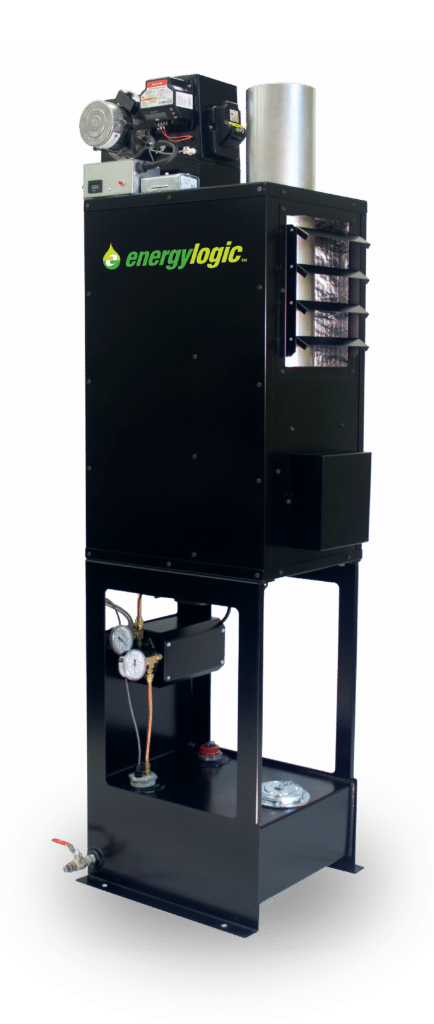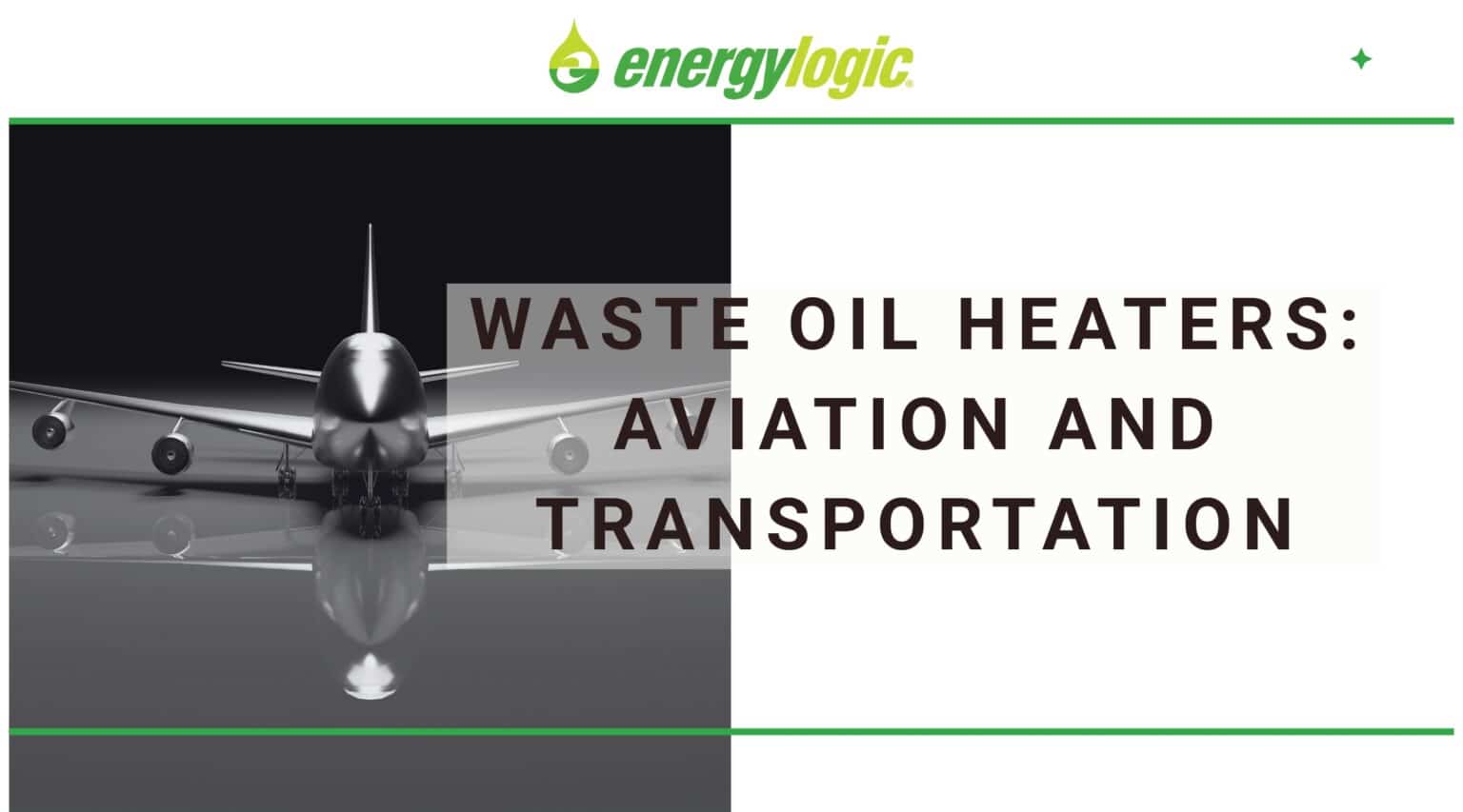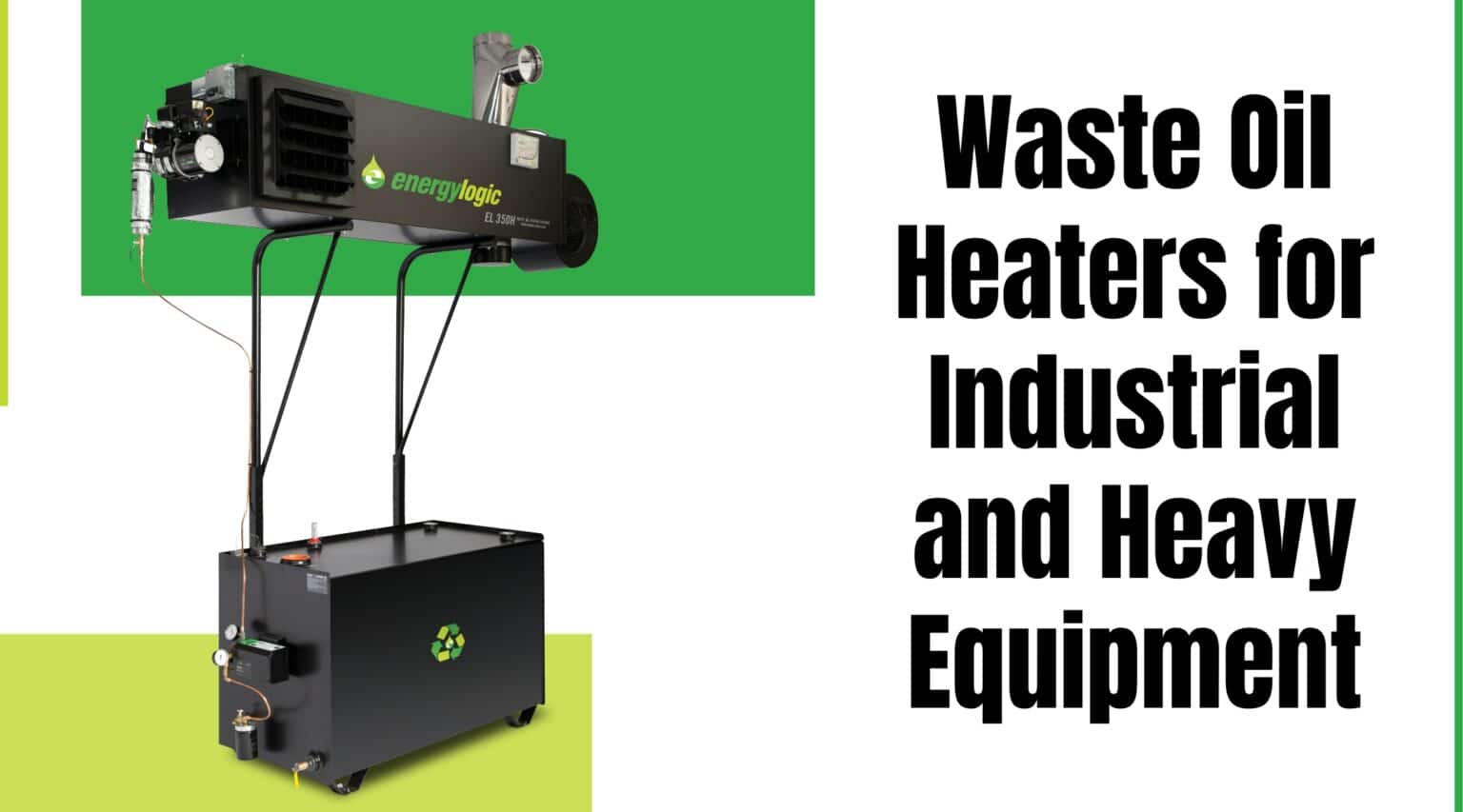Utah counts itself among a handful of states that go above and beyond to help residents properly dispose of waste oil. Its incentive programs help individuals and businesses make smart choices regarding used motor oil management. Instead of dumping or burning off used oil in a burn barrel, the state is helping residents become better stewards of the environment.

Utah’s Used Oil Laws
Used oil laws have been established at federal and state levels to help protect the environment. For example, one gallon of spilled oil can contaminate up to a million gallons of groundwater. Therefore, under federal regulations, no one can dispose of waste oil in landfills or in the surrounding environment.
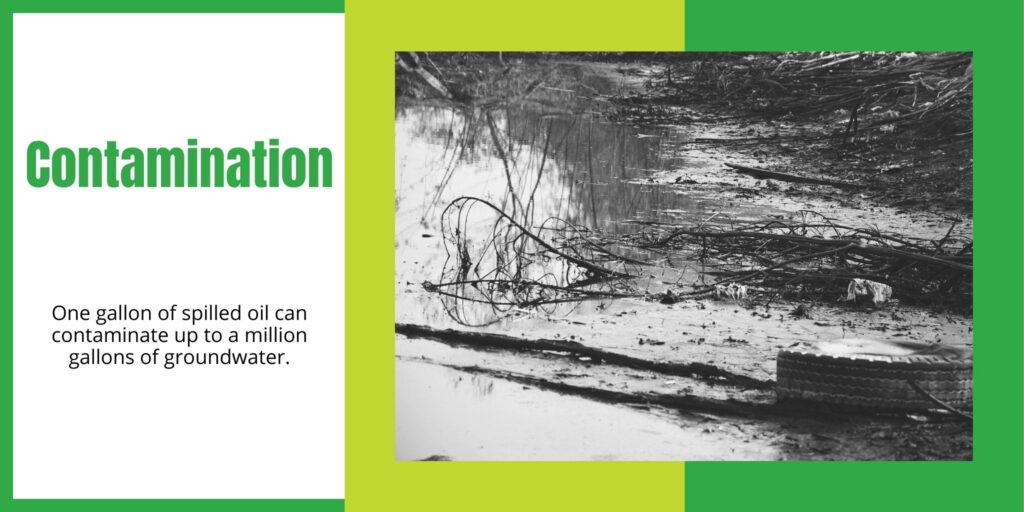
Businesses and individuals in Utah must take additional state steps to ensure that they properly dispose of their waste oil. The Used Oil Management Act covers resident responsibility for managing waste oil in Utah. Under current laws:
- No resident may dispose of waste oil in a solid waste treatment facility, a landfill, a septic tank, or directly into the environment. Those caught knowingly and negligently disposing of waste oil in an unauthorized manner may face penalties.
- Every used oil collection center must hold a state granted registration number.
- The state will collect 4 cents per quart or 16 cents per gallon at the time of sale from oil vendors operating within the state.
- The proceeds from the oil tax go to administrative costs as well as incentive payments and grants provided to registered oil collection centers.
- Anyone who knowingly violates state laws regarding used oil requirements may face a fine of up to $10,000 per day. In some cases, individuals may also face criminal charges.
Applying for the Used Oil Grant in Utah
To encourage businesses and individuals to comply with Utah’s used oil laws, the Used Oil Program was established. Its aim is to eliminate or reduce the obstacles to properly collecting and recycling used oil. An important aspect of this program allows the Division of Waste Management and Radiation Control to award grants to help fund used oil recycling initiatives.
For the most part, Utah’s Used Oil Grants are for helping to establish and maintain used oil centers and to implement new used oil programs, particularly in rural areas. However, businesses interested in participating as a collection center may also qualify for state grant funding. To become a registered used oil collection center, a company must fill out a registration form and send it to the Division of Solid and Hazardous Waste. After receiving a registration number, enterprises may qualify for grant funding. Interested businesses must contact the division to receive a Used Oil Recycling Block Grant Package to apply.

Alternatives to State Used Oil Programs in Utah
If you aren’t eligible for a grant or don’t want the liability and costs of maintaining a used oil collection center, there is an alternative. Businesses that produce significant amounts of waste oil each year can burn their waste oil instead of recycling. A high-efficiency waste oil heating system burns waste oil for energy recovery in a cost-effective and environmentally friendly way. These systems burn off hazardous waste, only require simple maintenance, and save businesses money on energy costs every year. Today, businesses can find solutions that fit EPA and state requirements for environmentally friendly disposal.
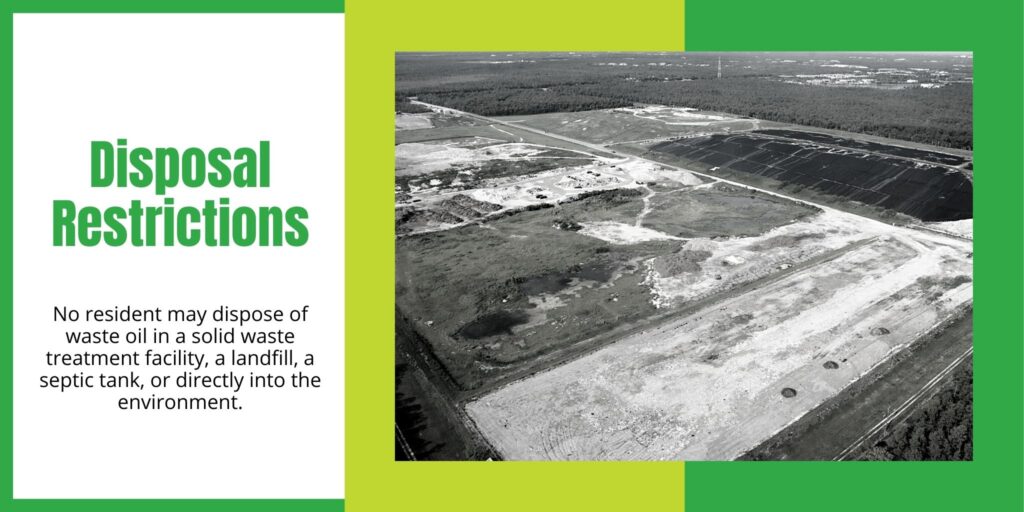
Private individuals, businesses, and collection centers may burn waste oil. However, those who burn waste oil for energy recovery must follow state standards for handling, storing, and burning the oil.
Every business must weigh the costs and benefits of conventional recycling activities versus energy recovery activities. During the cold winters in Utah, a waste oil heating and cooling system may provide a better comfort level and more cost savings than typical state recycling programs.
Sources:
https://deq.utah.gov/waste-management-and-radiation-control/background-used-oil-program
https://deq.utah.gov/waste-management-and-radiation-control/specifications-used-oil-program
http://www.deq.utah.gov/ProgramsServices/programs/waste/usedoil/docs/2011/07Jul/uoccapplication.pdf

